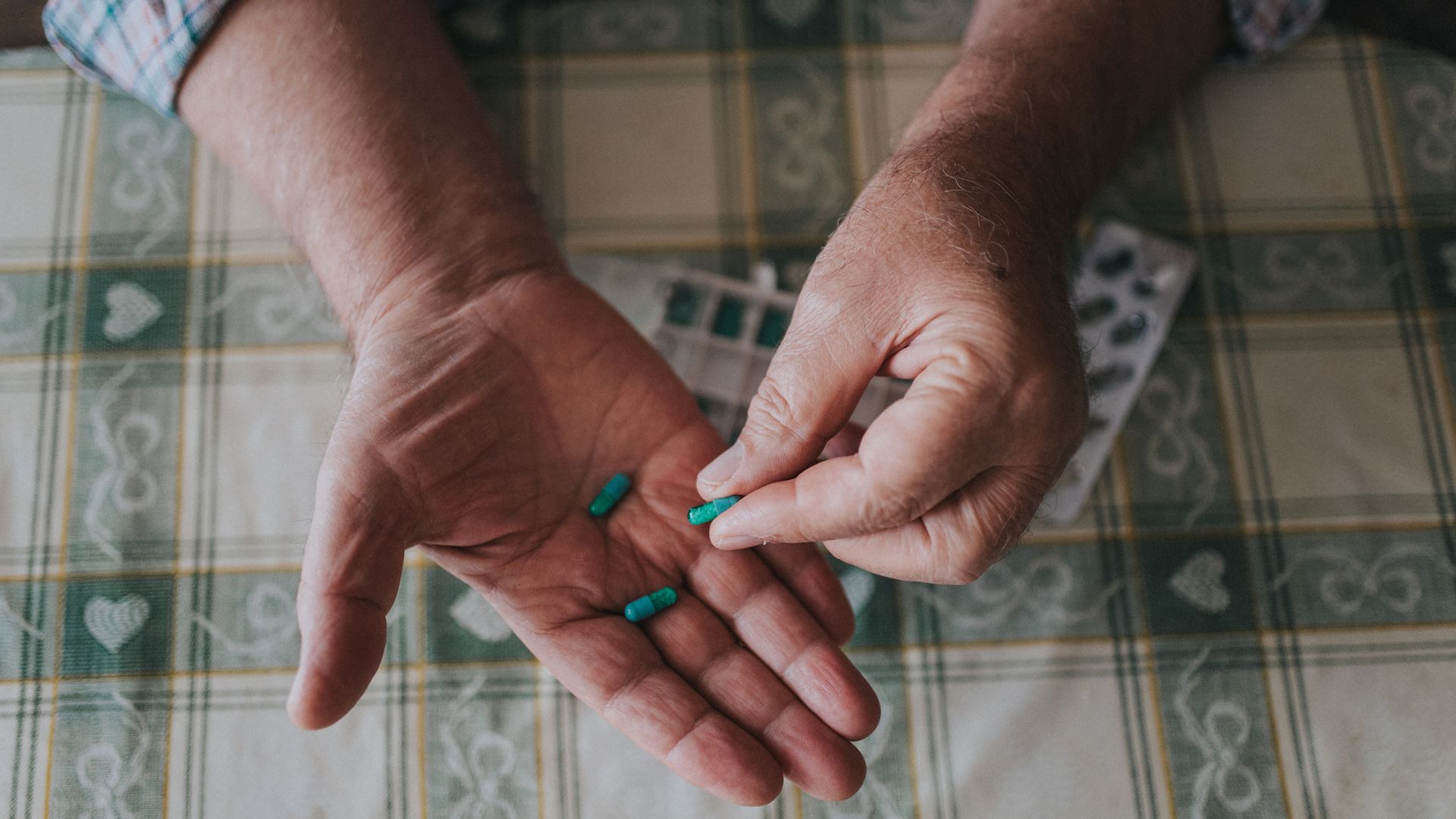Updated on March 29, 2023
Your loved one has just been diagnosed with chronic lymphocytic leukemia (CLL), a type of cancer that starts from cells in the bone marrow and moves into the blood. In addition to having to climb the learning curve of information about the diagnosis, you’re now in the position of caregiver for someone with a chronic disease. They may need your aid in countless ways, from helping with the activities of daily living to covering financial gaps to acting as mental and emotional support. Here are some of the best ways for you to go about providing help.
Simply listen
People who have a diagnosis of cancer often have a lot on their minds. Some days, worry about mortality may be foremost. On other days, money concerns might top the list. They may also have anxiety about whether they’ll be able to work or have a healthy sex life once treatment is complete. Listening without making it about you and showing that you hear what your loved one is saying are critical components of care.
Be willing to open up and talk
Receiving a diagnosis like CLL can in the short term mean that the affected person’s mind has room for little else. The introduction of some other subject—even and especially one that’s completely unrelated to cancer or treatment or healthcare costs—can be a huge relief and diversion. As much as caregiving conjures the idea of supporting activities of daily living, this kind of mental distraction from the ever-present realities of cancer can be just as important.
Build a support network
Just as your loved one shouldn’t go it alone psychologically, neither should you in supporting them. The cancer care team should have professionals on hand who can help with navigating your loved one’s psychosocial needs. They may also be able to lend support in finding solutions to more practical problems, such as finances, transportation to and from appointments, or post-treatment plans.
Other resources for a strong support network include friends and family, clergy, members of your loved one’s religious congregation, and online communities. Seeking out ways for others to take on even small responsibilities of care—such as bringing a dinner to the home once a week or checking in by phone each weekend—can help lighten the load and create a strong social network for the patient.
Do only what your loved one can’t
No adult wants to be treated like a child. Whatever your loved one can still do—whether it’s cooking dinner, running a short errand, or completing paperwork—be sure that you’re not over-supporting and stepping into areas where they still have independence.
Evaluate your loved one’s distress levels—and yours
You may be acutely aware of your loved one’s distress over their diagnosis or the side effects of treatment. But you should also check in with yourself. Distress is a normal response to seeing someone go through these experiences, but it can reach levels for you that may signal a need for to reach out for support. Some signs that your distress may have reached this point include difficulty eating, feeling overwhelmed to the edge of panic, an inability to cope, or struggling with decision-making about even minor things.
Take care of yourself
Your loved one will be grappling with a diagnosis of cancer and may be navigating treatments with difficult side effects and potentially high costs. And you will be right there with them, navigating your own fears and worries while offering your energy and support. As you devote your resources to help the person you love through this tough time, don’t forget to carve out moments of self-care and support for yourself.






